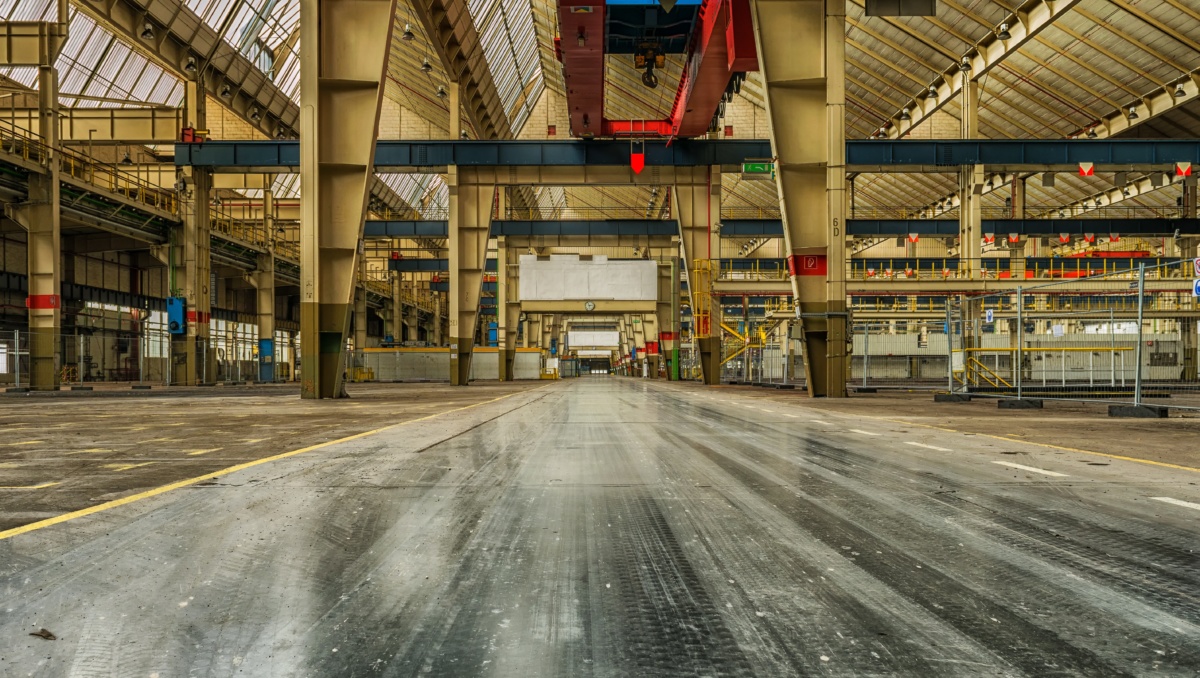How It's Made - The Ethics of Producing What We Buy

Since the industrial revolution, we've seen an increase in wealth, health and quality of life beyond anything that was imaginable in the past. This growing prosperity continues to spread to the developing world as more people are lifted out of extreme poverty.
But with 8B people on our planet, our growing prosperity comes at great cost. There is the environmental cost of meeting the material and energy demands of so many people who want to consume more and more, and there are economic and political realities that often make it profitable to manufacture goods in ways that exploit the natural environment or human workers.
To complicate matters, ethical consumption has become fashionable, and has opened new market opportunities that are ripe for exploitation. As demand grows, industry is responding, but not all of their offerings are genuine. Fake ethical offerings include greenwashing (false environmental benefits), rubber-stamping (fake, meaningless or insufficient certifications), misleading health claims, and misleading claims about products being fair-trade or manufactured under decent working conditions.
What are the ethical concerns of our consumption habits? What are the myths and fakes that we should avoid? Which of our buying habits should we change to achieve the greatest benefits?
Excerpt
Since the industrial revolution, we've seen an increase in wealth, health and quality of life beyond anything that was imaginable in the past. But with 8B people on our planet, our growing prosperity comes at great cost. What are the ethical concerns of our consumption habits?
License
This text is shared under a Creative Commons 0 "no rights reserved" license. Feel free to copy it, modify it and use however you wish.


